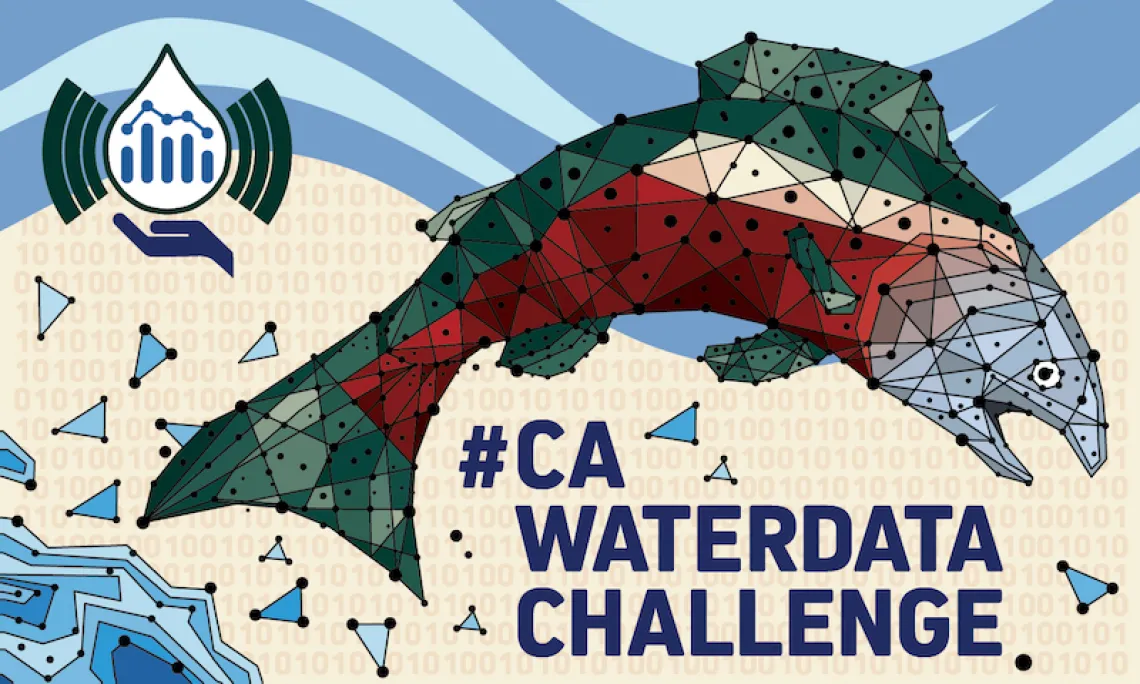Data Governance at the California Water Data Science Symposium

On June 28, 2022, Research Specialist Andrew Martinez presented at the California Water Boards 7th Annual California Water Data Science Symposium during the “Understanding your community lens - a case study using the Tribal lens” panel. The panel presenters highlighted the ongoing efforts of tribal partners and their work around water data and the team from the CA Department of Water Resources. Martinez’s presentation, “Innovation and inclusion: The CARE Principles in publicly funded projects” focused on data collection in publicly funded projects. The presentation began with a grounding introduction to Indigenous data sovereignty, its historical context in relation to traditional Indigenous cultures, and transitioned to the contemporary scope of what data sovereignty and governance looks like for Indigenous communities today. The presentation highlighted areas for innovation and inclusion for Indigenous communities by addressing issues at the metadata level in combination with consulting with Indigenous communities, to developing legal mechanisms that govern the collection, analysis, storage, and sharing of Indigenous data between tribal data rightsholders and data stakeholders.
The second half of the presentation focused on the CARE Principles in relation to the California Water Data Challenge 2022 Questions and how CARE could be implemented within projects created to address these questions:
- Racial Equity Demands We Center on the Most Vulnerable Communities: How Might We Do This?
- Policies and Regulations Have Real Impacts on Real People: Do We Fully Understand the Impacts of Water, Natural Resource, and Health-related Policy and Regulations?
- Government Data Belongs to All: Are We Succeeding in Making Data Accessible to Everyone?
- Open and Transparent Water Data Are Foundational to Operationalizing Systemic Justice and Equity: Can We Improve the Quality and Usability of Our Data and Metadata?
The people and purpose-oriented CARE Principles (Collective Benefit, Authority to Control, Responsibility, and Ethics) reflect the crucial role of data in advancing innovation, governance, and self-determination among Indigenous Peoples. The CARE Principles complement and extend the more data-centric approach of the FAIR Principles (Findable, Accessible, Interoperable, and Reusable). This was done to highlight the practicality of the CARE Principles and how they can apply to new research projects and also to legacy data sets and repositories as California moves forward to address water data issues. Each of the four questions presents its own set challenges in addressing historical inequities in underserved or marginalized communities in California. In relation to the tribal communities, this means the recognition of tribal rights to data, developing research questions that reflect visions for tribal communities, working within ethical frameworks that align with Indigenous values, and developing data sharing mechanisms that provide an appropriate level of protection as defined by the tribal communities.
We’d like to thank the conveners for inviting us back to present for a second year and the co-panelists for their sharing their work and for the continuing to advance the call for increasing data sovereignty and governance within state led research projects and policies.

